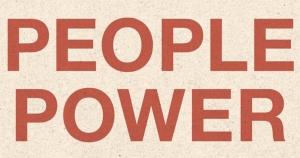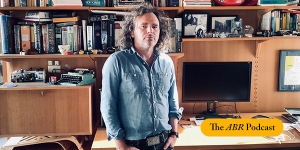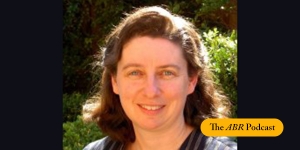Referendum
Anne Twomey reviews ‘People Power: How Australian referendums are lost and won’ by George Williams and David Hume
People have peculiar but passionate views about referendums. A large number swear that in 1974 and 1988 the people voted against referendums on the existence of local government. To them, local government is ‘unconstitutional’, so they don’t have to pay their council rates. Members of the same cohort also proclaim that they have a constitutional right to trial by jury for state criminal offences and a right to compensation on just terms if a state compulsorily acquires their land.
... (read more)The referendum and John Howard’s long political shadow
In this week’s ABR Podcast, Joel Deane argues that one person more than any other is the reason why more than sixty per cent of voters said No in the Voice referendum. Former prime ministers, he says, haunt Australian politics like Hamlet’s Ghost. Joel Deane is a poet, novelist and speechwriter. Listen to Joel Deane’s ‘A maddening country: The long political shadow of John Howard’, published in the December issue of ABR.
... (read more)This week’s ABR Podcast is a reflection on the future of referendums in the aftermath of the Voice. Constitutional scholar Anne Twomey argues that referendums in Australia are now an endangered species and reminds us of the original intent behind them. Anne Twomey is a Professor Emerita of the University of Sydney and was a member of the Constitutional Expert Group advising on the Voice referendum. Listen to Anne Twomey’s ‘Voiceless in Australia: Will we ever have another referendum?’, published in the December issue of ABR.
... (read more)On 27 May 1967, a proposal to change two clauses of the Australian Constitution won the approval of 90.77 per cent of those who voted, the highest ever achieved in an Australian referendum. In the forthcoming referendum, according to various opinion polls, the best the advocates for a ‘yes’ vote can hope to achieve is a bare majority. How can this difference be explained? Several factors appear to be at work. They range from the simple, which are acknowledged, to the complex, which don’t seem to be known.
... (read more)



